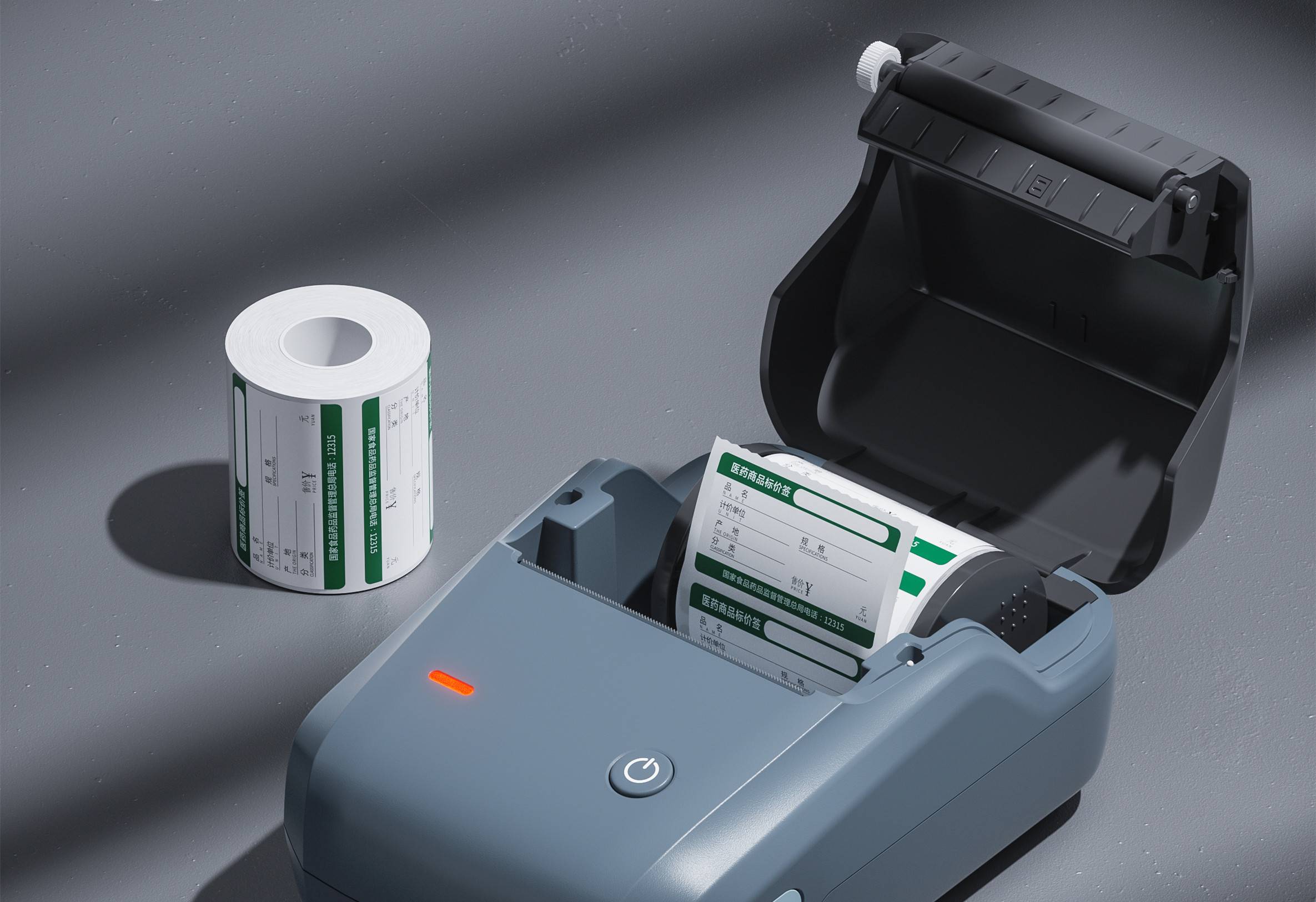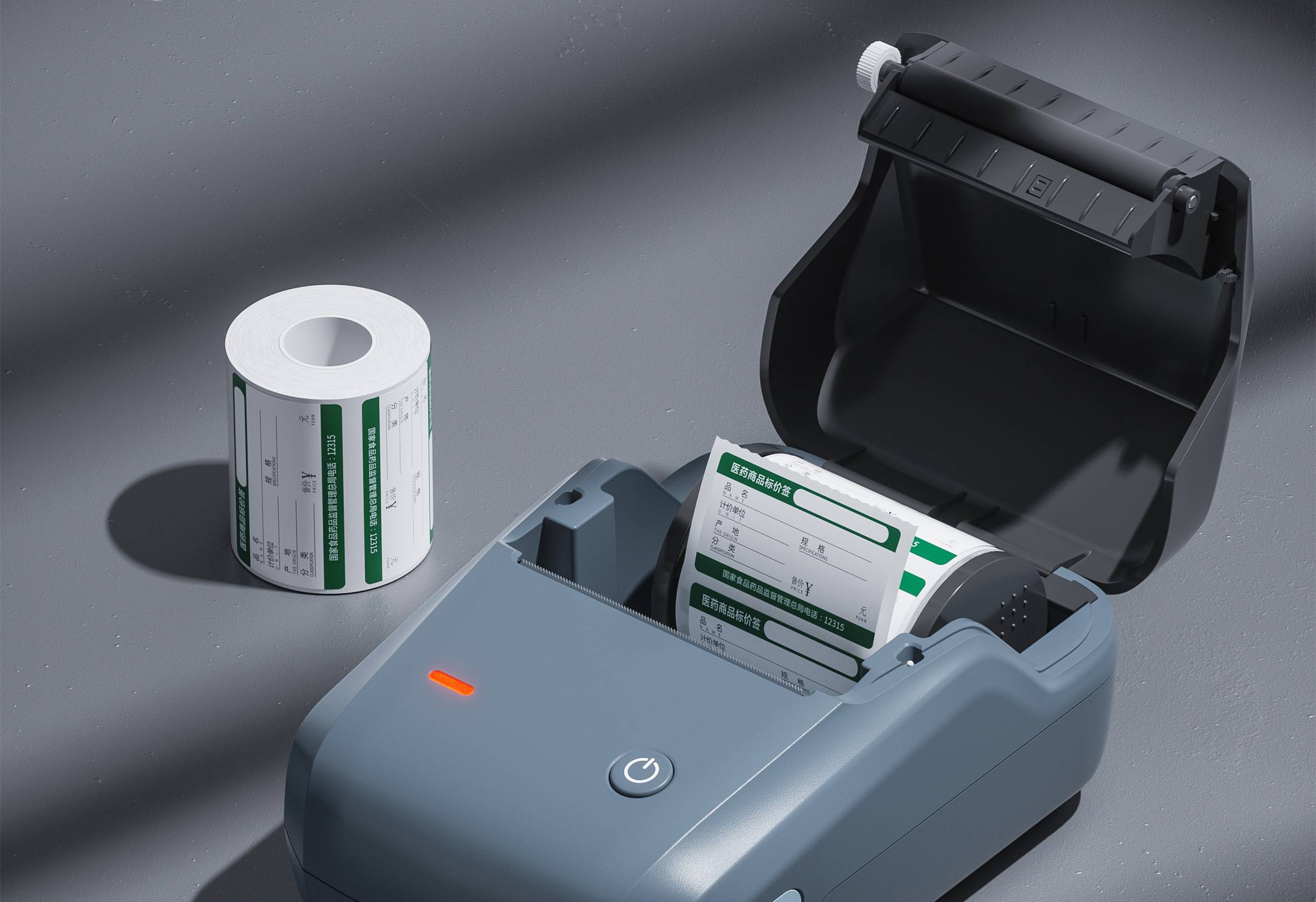Want to export smart floor sweepers to Australia and New Zealand? RCM certification is an essential step. Applying for RCM certification can be tedious and prone to pitfalls during testing. Below are some common pitfalls during testing to help reduce certification failures.
Smart floor sweepers need to comply with the AS/NZS 60335 standard, and many manufacturers overlook certain details during testing, such as temperature rise testing, short circuit protection testing, or anti-interference testing. If these details are not done well, testing will fail and even require redesigning the product.
The electromagnetic compatibility test of smart floor sweepers is prone to failure, and many manufacturers do not conduct preliminary testing. However, during certification, it is found that the radiation or conduction test is not qualified, resulting in the need to modify the circuit design or PCB wiring design of the product, which seriously delays the product's launch.
Intelligent sweeping machines belong to the high-risk product category in the Australian certification system. The entire sweeping machine or charging base of the sweeping machine needs to undergo SAA certification, and then go through ACMA registration along with the RCM certification of the entire machine or charging base to ultimately meet the certification requirements in Australia. Otherwise, it will be non compliant.
1. Understand the certification requirements: RCM certification mainly focuses on wireless radio frequency, electromagnetic compatibility, electromagnetic exposure, and electrical safety of wireless devices. Understanding relevant standards and testing requirements in advance can help you better prepare your products.
2. Prepare technical documents in advance: Ensure that the product has complete specifications, circuit diagrams, BOM tables, and other technical documents. These documents are the foundation of the certification application, and adequate preparation can greatly shorten the certification time.
3. Choose an experienced certification agency: When applying for RCM certification, it is crucial to choose an experienced certification agency. They can not only provide professional technical support, but also help you complete the certification process faster.
4. Maintain communication with the certification body: During the certification process, maintaining close communication with the certification body and timely understanding of the certification progress and possible issues can effectively avoid delays.
That's all for today's sharing. If you need to learn more about the RCM certification process or handle related certifications, please feel free to consult!

Label printers entering the Brazilian market, ANATEL certification is an essential passport! It is the recognition of the Brazilian Telecommunications Authority for the safety and compliance of electronic products, without which products cannot be legally sold.

SRRC certification is not only a guarantee of product compliance, but also a key to opening up the market.

FCC ID certification is a mandatory certification for electronic products by the Federal Communications Commission (FCC) in the United States, and it is essential for label printers to obtain this certification.
Want to export smart floor sweepers to Australia and New Zealand? RCM certification is an essential step. Applying for RCM certification can be tedious and prone to pitfalls during testing. Below are some common pitfalls during testing to help reduce certification failures.
Get a quote